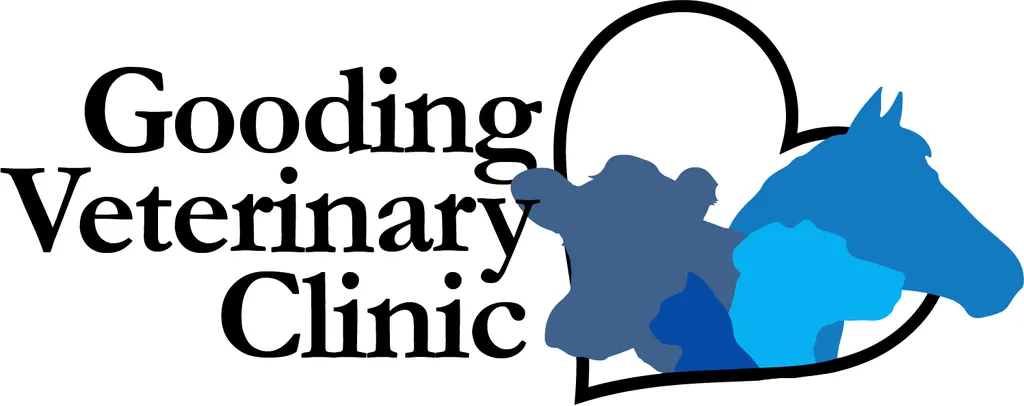
Tips to Help You Care for Your New Foal
Will your mare be foaling soon? These tips can help you ensure that you're prepared for the new addition to your stable.
Disinfect the Umbilical Cord Stump
Disinfecting the stump protects your foal from developing shigellosis. The systemic infection causes a variety of unpleasant symptoms, including lethargy, fever, abdominal pain, diarrhea, and possible death.
Although iodine was used for years to disinfect umbilical cord stumps, Veterinary Practice News recommends using a .5 percent solution of chlorhexidine instead. It notes that plain iodine may be too caustic and povidone-iodine too weak to kill germs.
Apply the chlorhexidine as soon as the umbilical cord breaks, a process that usually occurs on its own a few minutes after birth. Dip the cord in the solution every six hours for the first 24 hours.
Let the Foal Stand On Its Own
When you see your new foal struggling to stand, it's only human nature to want to lend a helping hand. Unfortunately, lifting the foal into a standing position may interfere with bonding with the mare and might strain ligaments and tendons, according to the United States Department of Agriculture Cooperative Extension. It should only take most foals 30 minutes to an hour to become steady on their feet.
Make Sure the Foal Nurses
Colostrum, a fluid rich in antibodies, anti-inflammatory agents, and nutrients, helps protect your foal from illness. Produced by the mare before her milk comes in, the fluid is most easily absorbed in the intestinal tract if the foal drinks it within 12 hours of birth.
It can take a little while for the foal to figure out how to nurse, but most accomplish it after a few tries. If your foal still hasn't nursed two or three hours after birth, it's time to intervene.
Lead the foal to the mare's udder and pull gently on the teat to release the colostrum. Place a few drops on your finger and encourage the foal to suckle. After it successfully masters this step, spread several drops of the liquid on mare's teats. Once the foal realizes that the teat is the source of the fluid, nursing should become second nature.
If the foal doesn't want to nurse or the mare prevents the foal from nursing, you may need to offer a colostrum substitute.
Look for Meconium
Meconium is a waste product passed during the first bowel movement, which usually occurs a few hours after birth. Constipation can occur if the meconium, which looks like hard pellets, isn't passed. Constipated foals raise their tails and try to defecate, yet produce no waste. You can facilitate this process with mineral oil or a soapy water enema. The enema loosens the waste and triggers a bowel movement.
Check for Deformities and Mobility Issues
Can your foal stand and walk normally? Do you see any obvious deformities? Although knock knees and other issues may improve as the foal becomes more active, it's important to let your veterinarian know if you spot any potential issues.
It's always a good idea to ask your veterinarian to stop by within your foal's first 12 to 24 hours. He or she will perform a thorough examination, make sure that the foal hasn't suffered any birth injuries, such as broken ribs, and ensure that both mare and foal are healthy.
A visit from the veterinarian offers a simple way to protect your foal's health. Contact our office to schedule an appointment.
Sources:
Veterinary Practice News: Managing a Newborn Foal for Optimum Health, 1/17/18
USDA Cooperative Extension: Care of the Newborn Foal, 1/31/20
Horse Journal: How to Care for Your New Foal, 4/14/14
Equus Magazine: The Right Start: What Foals Need During the First 24 Hours, 7/25/19
